Apart from the obvious rights violation, I see a serious flaw at the very root of immigration law. Let’s begin with an indisputable point: no law passed by Congress and signed by a president applies to people on the far side of a US border. Logically, that must include laws against entering the US. Since the US government has no jurisdiction over people in, say, Mexico, someone who crosses the southern border cannot do so illegally because the law in question did not apply to that person when he or she was crossing. No jurisdiction, no illegal entry. That’s just logic.
Well, the immigration-control enthusiast may respond, we can change the law to say that no one can stay in the US without papers signifying permission to do so from the proper authorities. (Leave aside the general question of proper authority.) Now we have a new problem. According to this position, Person A, having been born here, needs no permission, but person B, having been born elsewhere, does need permission and can be expelled without it.
But that’s discrimination by the government and thus a violation of equality under the law, a core liberal value (as long there are governments making laws). On what basis is that discrimination perpetrated? On the basis of birthplace — hardly one that can withstand rational scrutiny. No one is harmed — in the sense of having his or her rights violated — merely because someone who was not born here resides in the US without government permission. No harm, no foul. The policy is simply vicious discrimination.
I remind the constitutionalists that their beloved document makes no reference to birthplace in its clauses related to rights. Rights and protections against their violation are said to apply to persons, not citizens. See the Fourth Amendment. All persons, no matter their birthplace, have the same rights.
Therefore, all legislative diktats relevant to immigration control fail the test of reason and should be stricken forthwith. No US law could have been broken by the entry, and on the matter of who can stay here, the government has no good grounds to discriminate between people who were born here and people who were not.
TGIF: Damn Consumers!
Global free trade is about individual, not national, freedom—for consumers and producers who import raw materials, tools, and semi-finished products. Aside from its role as an aspect of personal liberty, free trade's efficiency benefits have been well-established...






